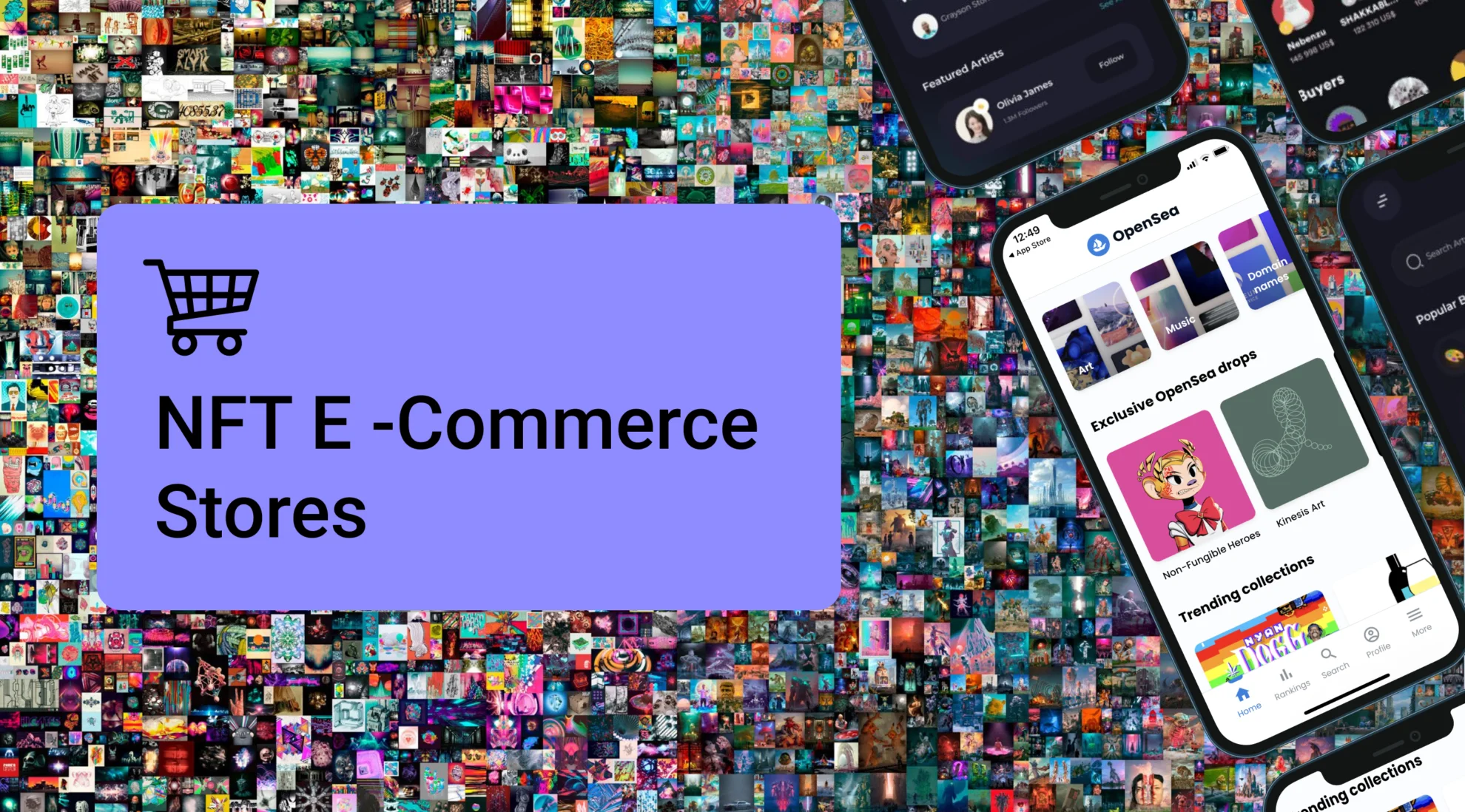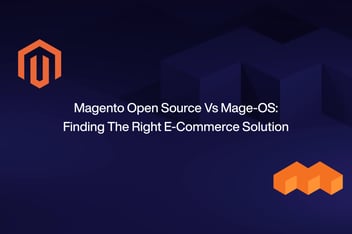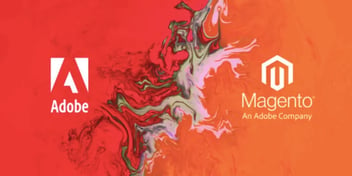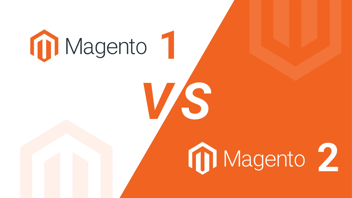Non-fungible tokens (NFTs) have the potential to transform the Ecommerce industry. This article is going to explore what we believe NFTs will do for the Ecommerce industry and how they are already making significant inroads.
Introduction
One of the most popular tags in the online business world is Ecommerce. Never in history, Ecommerce has been so powerful, yet simpler than today. It is easier for anyone to set up an online shop and sell their products or personalized services. A better user experience, faster delivery and cheaper prices are available in the ecommerce industry. However, the problem lies in different parts of the process in which they still need improvement. One of such problems is trust on ecommerce sellers and merchants. There are cases wherein we encounter fake products or unpersonalized services that are marketed as high quality ones. This leaves a big problem to users who have lost their money on these cases and there is no way to solve it. To solve this issue, non-fungible tokens (NFTs) may be the answer we are all looking for because it provides users a way to trade digitally unique objects by proving authenticity and ownership of each product or service sold.
Due to the increase in popularity of NFT’s and more people realizing its true potential,many eCommerce businesses are incorporating NFTs in their business strategies.Let's take a look at this current trend and see how it will affect every eCommerce firm in the future. Finding methods to make our lives better, easier, and more convenient is what technology is all about. Now, technology has got us to the point where we can even sell things that aren’t real.
What is NFT ?
NFT stands for Non-Fungible Tokens, "Non-fungible" signifies that it is one-of-a-kind and cannot be substituted with anything else. For example your new “Nike Phantom GT2 Elite FG” football boots can be replaced by another new “Nike Phantom GT2 Elite FG” boots of the same size, but what if your boots were signed by Cristiano Ronaldo? It's now a one-of-a-kind Football boots that can't be swapped for other boots - it's nonfungible.
Imagine you are an artist/creator and you want to sell your work. You can use NFT as a token to prove the authenticity of your work in the digital world. With NFTs, you can create unique digital items (like artworks or collectibles) with their own unique identity. These unique digital items are called tokens and are certified by the blockchain technology that makes them one of a kind (non-fungible).
Non-Fungible Tokens (NFTs) are digital assets that hold a unique value. Each token or crypto coin is different from the others, hence nonfungible. The most striking characteristic of NFTs is that they are indivisible and cannot be replaced by another asset of the same type. NFTs have a different value for each unit and cannot be traded like ordinary cryptocurrencies as they are not interchangeable.
How does NFT differ from Cryptocurrencies?
NFTs differ in many ways from other cryptocurrencies. Cryptocurrencies such as Bitcoin and Ethereum are fungible assets with the same worth on each coin or token
While fungible assets can be real (e.g., a home, money, or property) or intangible (e.g., cryptocurrency), NFT is exclusively digital. Any physical asset in digital form can be represented by an NFT, such as audio or video data, digital artwork, and so on. When a consumer buys an NFT, they're buying the total product rights, not simply a license to use it. As a consequence, they can hold ownership for as long as they like or sell it to a new buyer.
The switch to buying virtual items is becoming increasingly popular among customers. While it may appear that the shift to selling entirely digital products poses a danger to eCommerce merchants around the world, it actually creates a new window of opportunities across the board.
We’ve been seeing this change in the market for some time now, and many businesses have not only adapted to it but have also embraced this sort of change as an opportunity to innovate and differentiate themselves from their competition.
How can NFT be used with eCommerce?
-
Reliability and Satisfaction
Let us assume you are buying yourself a sneaker from Nike. After placing your order, what if you get a NFT of your particular shoe ? wouldn’t it be exciting ?
While it may appear to be more of an add-on at the moment, the mindset of offering products without shipping or storage costs is exciting merchants all over the world because it allows them to expand their product catalog while also increasing their profit margins on each sale, which is especially important given the Covid strike's many logistical challenges in eCommerce.
In the age of e-commerce and digital shopping, consumers are no longer looking for an experience. They want instant gratification. Thus, the boom of NFTs and hybrid shopping allow people to fill this experience gap. When they decide to purchase a tangible product that comes with a virtual NFT, customers have immediate ownership of these products, even if they have to wait for several days to receive the actual item. -
Product ownership Verification
Let us again take the above Nike sneakers example, after you buy your sneakers, you’ll be able to have access to your sneaker’s NFT. as NFT’s
are verified on the blockchain and will be attached to your Crypto wallet, it can serve as proof of ownership for the particular product.
This is primarily due to the fact that an NFT's qualities cannot be changed behind the scenes or without a record. This means that from the time an NFT is formed until it is handed to its new owner, there is a clear and irreversible record of transactions over the NFT's entire life cycle. -
Can increase Sales
NFT’s increase sales of different products if used correctly. With today’s marketplace where there is tough competition between similar products,
attaching NFT’s with its physical products can help the product stand out with the rest of competition.It gives an upper hand when two different
products compete that have similar quality. Consumers want more, and NFT’s being relatively new, news will spread faster and they mostly will
go for products with NFT. -
Metaverse
With the Metaverse concept being widely adopted by community and large companies, Getting wearable NFT’s (such as Shirts, shoes, hats, watches etc.) of Physical products while buying physical products can boost it’s sales.
Nike has recently acquired RTFKT — pronounced “artifact” — which sells digital items in the form of non-fungible tokens (NFTs), virtual assets
that are authenticated using the same blockchain technology as cryptocurrencies.They have also released “CryptoKicks” which are blockchain based Sneakers!
Wearable NFT’s can be used by our Character in the Metaverse.People do want to look good in virtual places as they do in real life.Even though this is still in an early phase, we would definitely see a rapid development in the project with key players like “Meta” supporting it. Users can also buy nft’s from virtual worlds

-
Advertising in Metaverse
Wouldn’t it be crazy if people brought virtual land ? Apparently not, Prices for virtual land set a new milestone when a company bought property in The Sandbox metaverse for a record $4.3 million, according to The Wall Street Journal. People and companies are buying virtual land on
metaverse paying millions of dollars.They believe that after everyone has completely embraced the metaverse, these will be used to promote their products.

Conclusion
NFTs are rapidly gaining traction in the crypto community and more people are becoming aware of their potential. In fact, a number of eCommerce stores have started accepting NFTs for their purchases and it is likely that the trend will continue.
However, just like any other new technology, there is still a long way to go before NFTs can become a standard offering for online retailers. For one thing, it is too early to gauge whether or not consumers would be willing to pay with these tokens.
Moreover, there are still a lot of questions surrounding their use. How can we ensure that they remain secure? What kind of products will actually benefit from them? How can we prevent their abuse and misuse?
In their current form, NFTs have a long way to go before becoming a universally recognised offering for a wide range of purchases. However, with numerous transactions, regular exposure, and real-world demonstration of their benefits, these tokens can prove their worth in the eCommerce sector.
For the time being, we can keep a watch on NFTs and their wider market adoption to see how soon they can reveal their true potential to the rest of the world.




